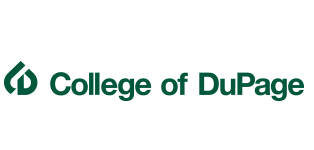Document Type
Article
Publication Date
4-16-2015
Abstract
In previous papers I have brought philosophical hermeneutics in conversation with critical hermeneutics, in order to open the potential for Gadamer’s “moderate hermeneutics” to be re-considered as a potential democratic practice of discourse with the potential of transforming social situations that are unjust and inequitable (Magrini, 2015; 2014). Emerging from this conceptual/theoretical “textual” analysis of philosophical hermeneutics and critical hermeneutics, I offer a reading of the ancient Socratic practice of dialectic as a form of critical, inclusive, and constructive democratic dialogue, i.e., an expression of local normative hermeneutics grounded in a form of understanding that occurs through consensus and negotiation among, as Plato calls them in the Seventh Letter, “well-meaning” and “noncombative” participants.
Recommended Citation
Magrini, James, "Plato’s Socrates, Local Hermeneutics, and the Just Community of Learners: Socratic Dialectic as Inclusive Democratic Discourse" (2015). Philosophy Scholarship. 42.
https://dc.cod.edu/philosophypub/42


Comments
Conference paper presented at the American Education Research Association (AERA) conference, April 16, 2015.